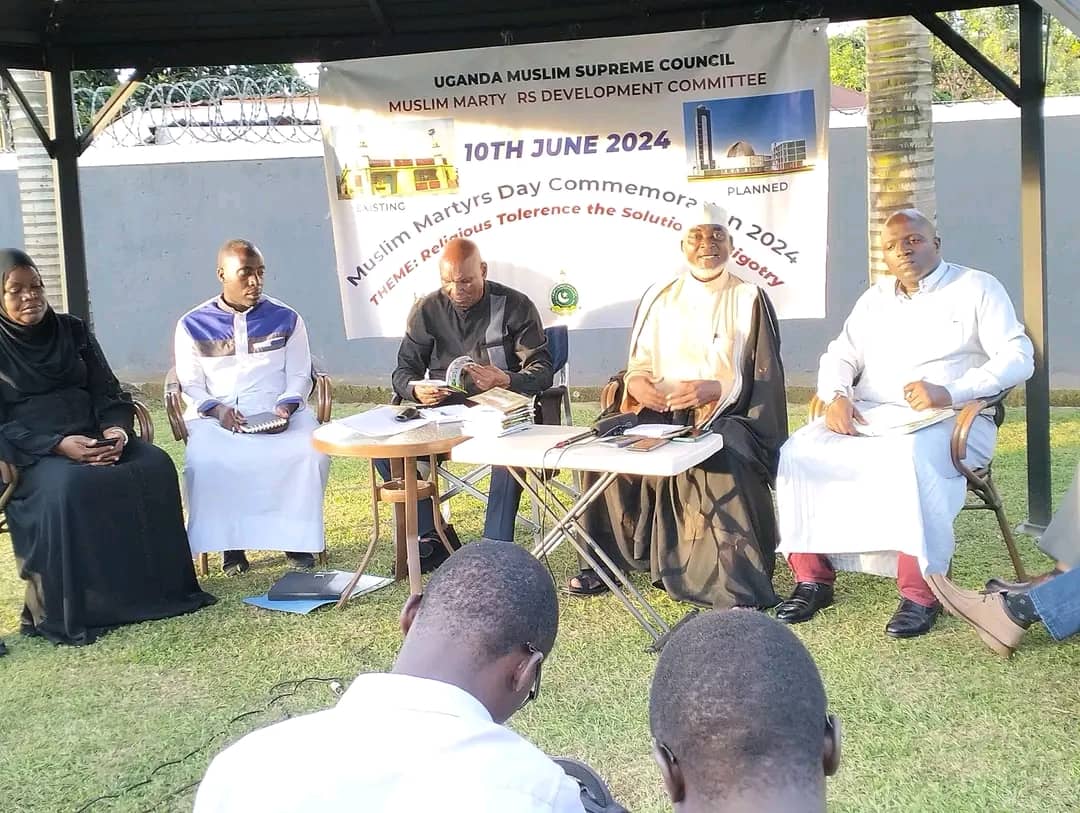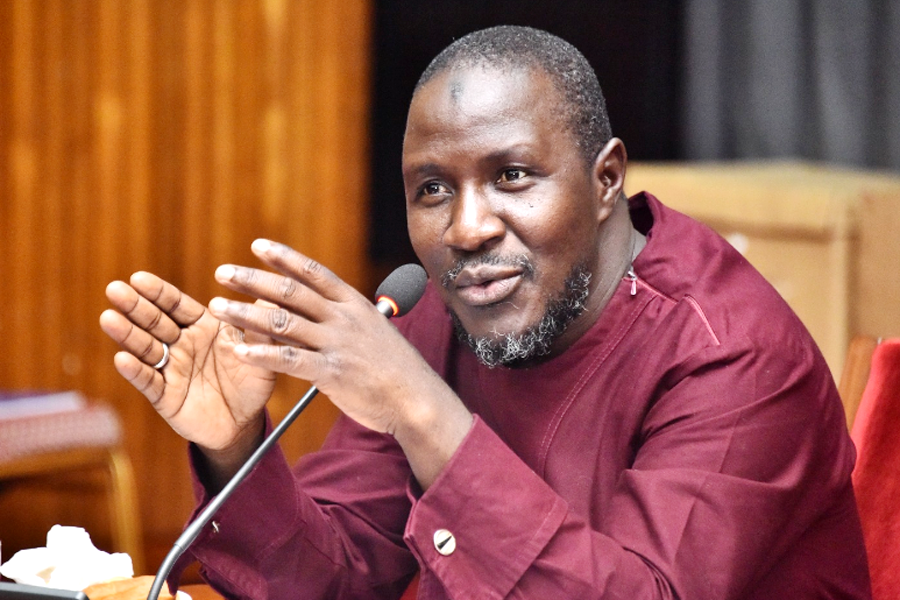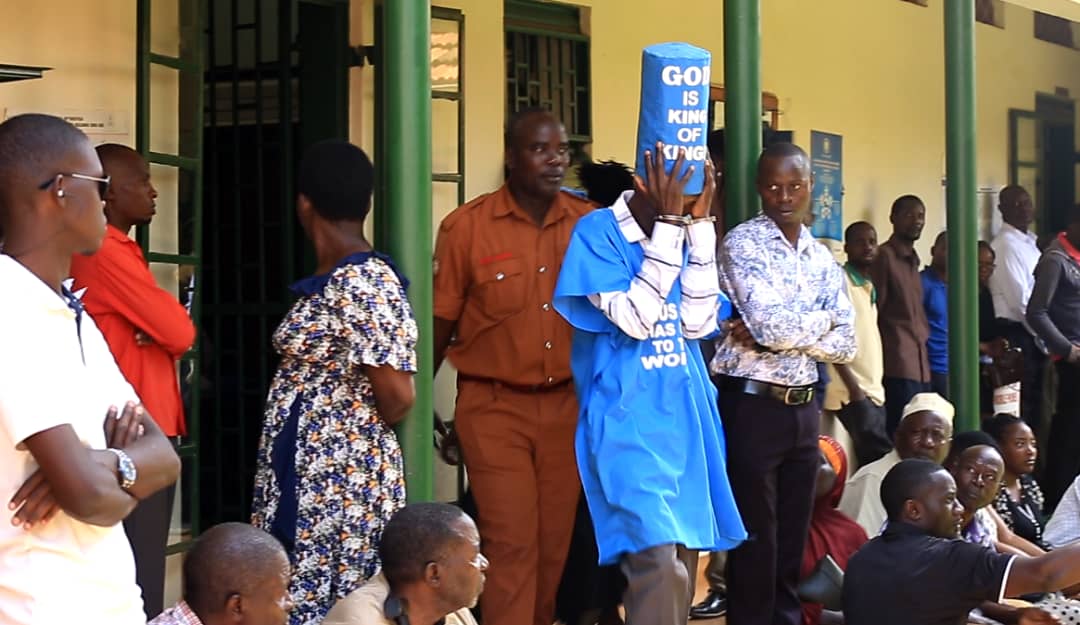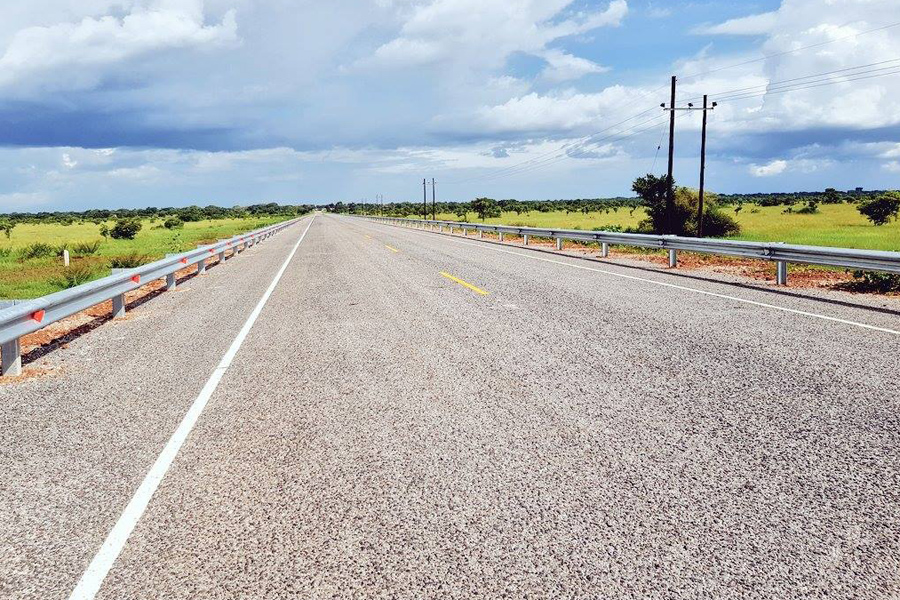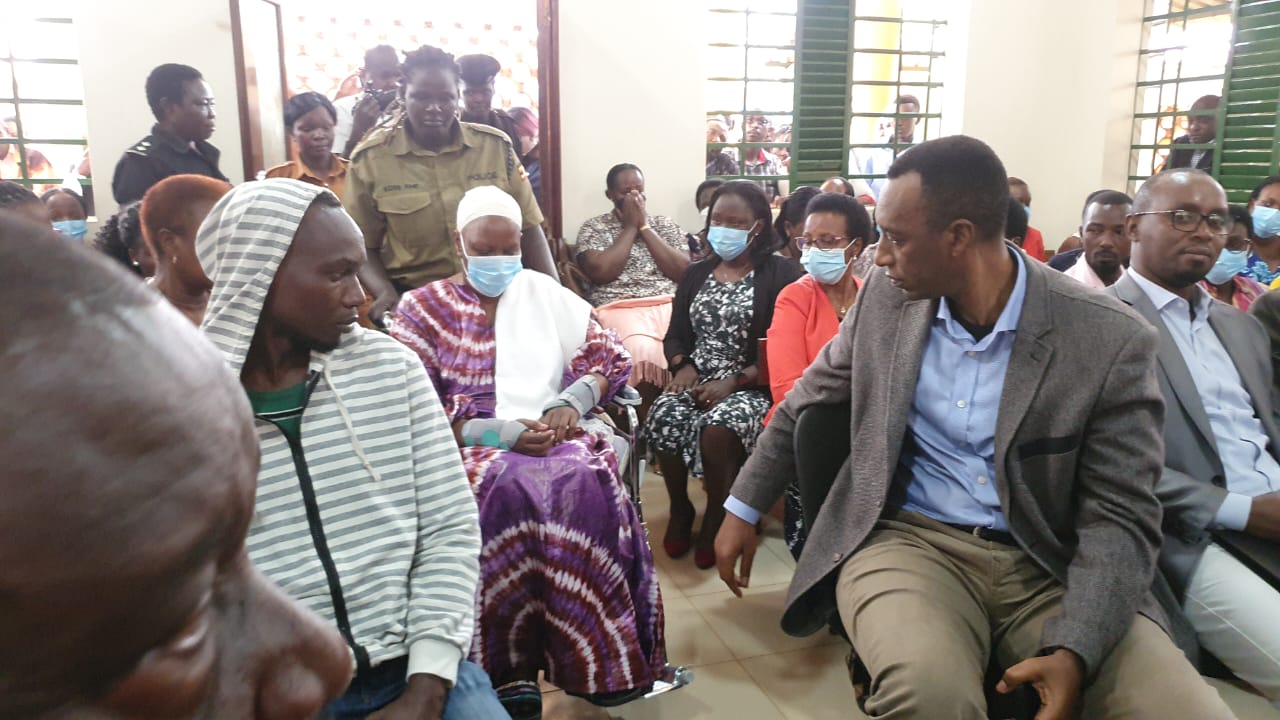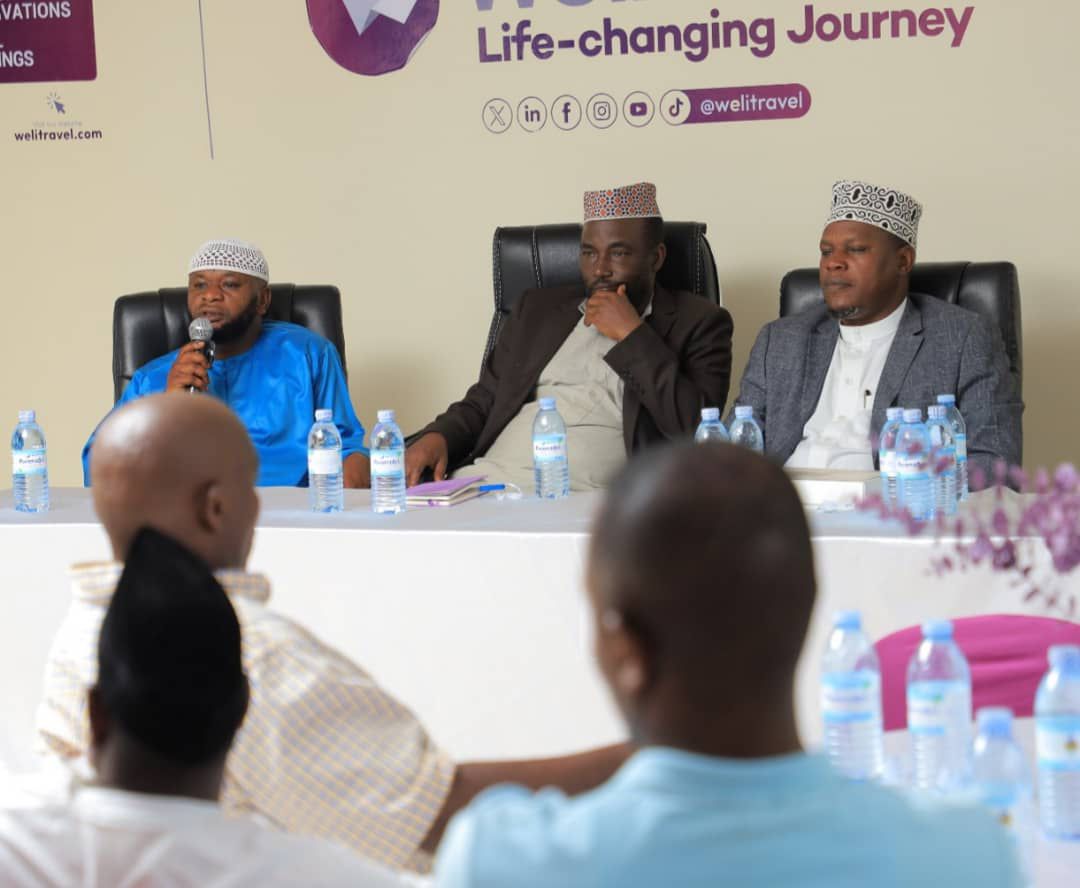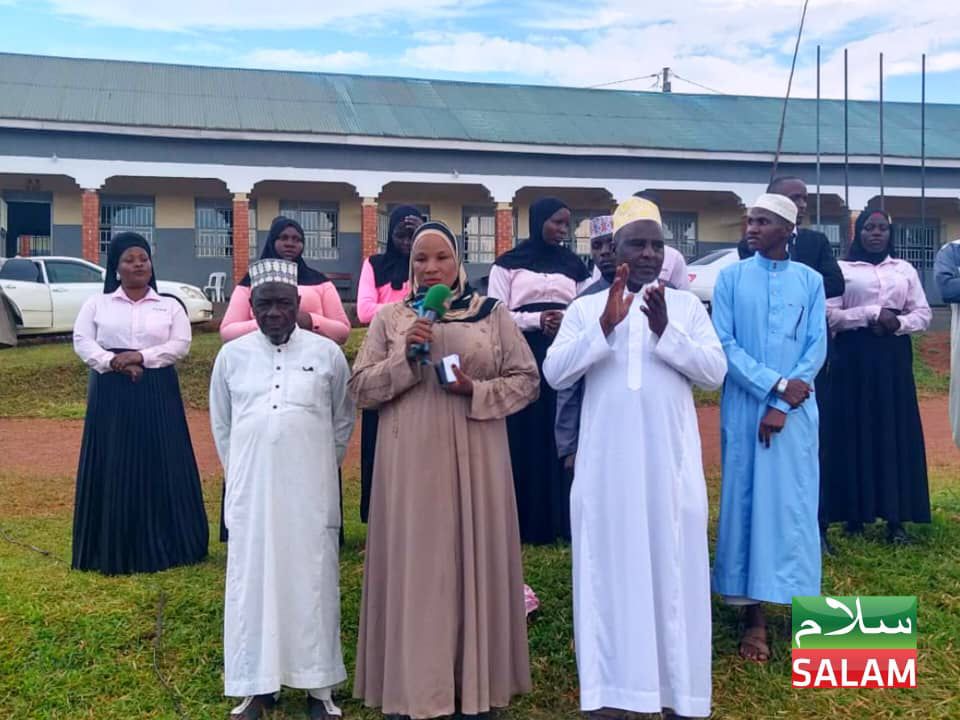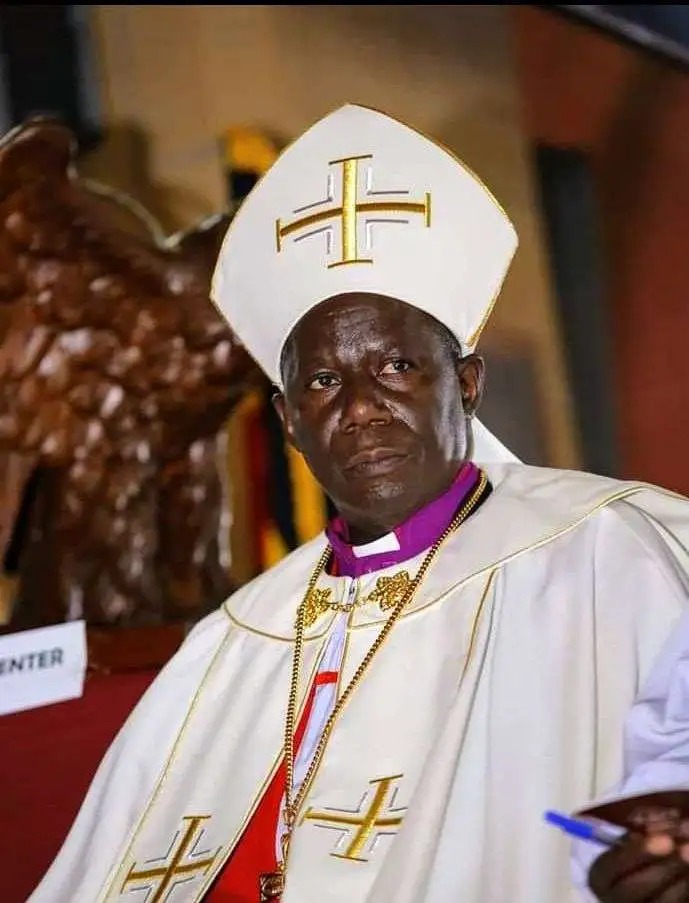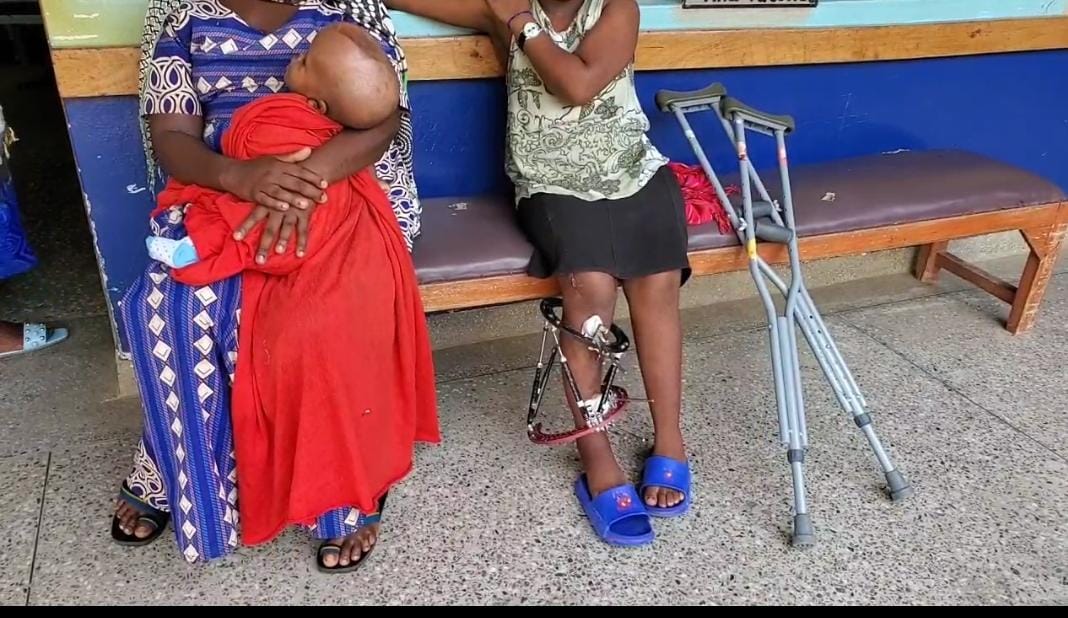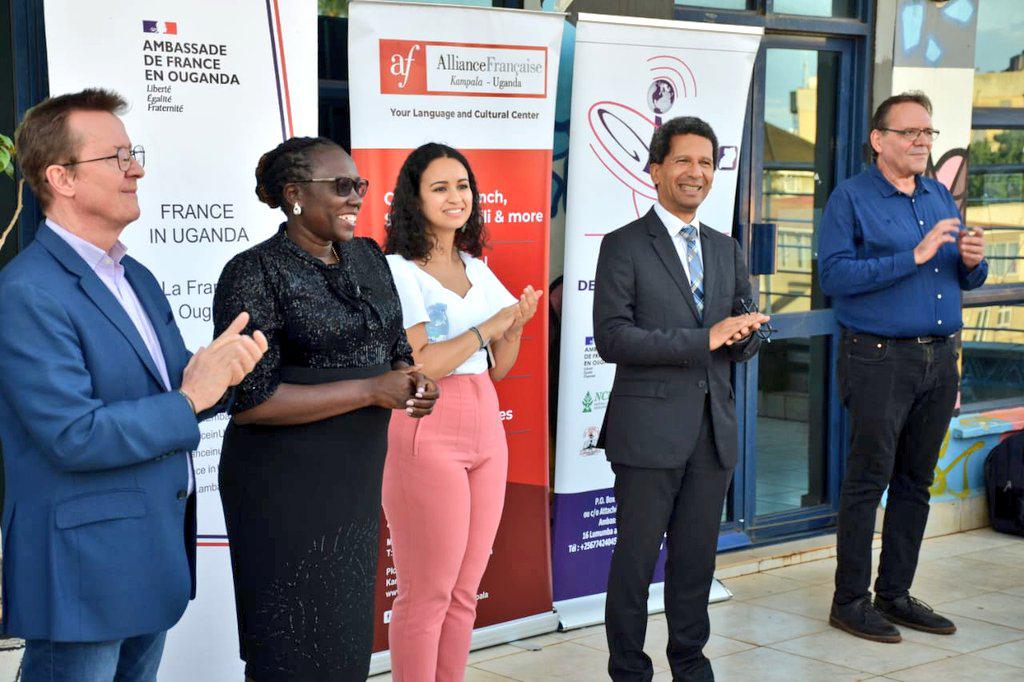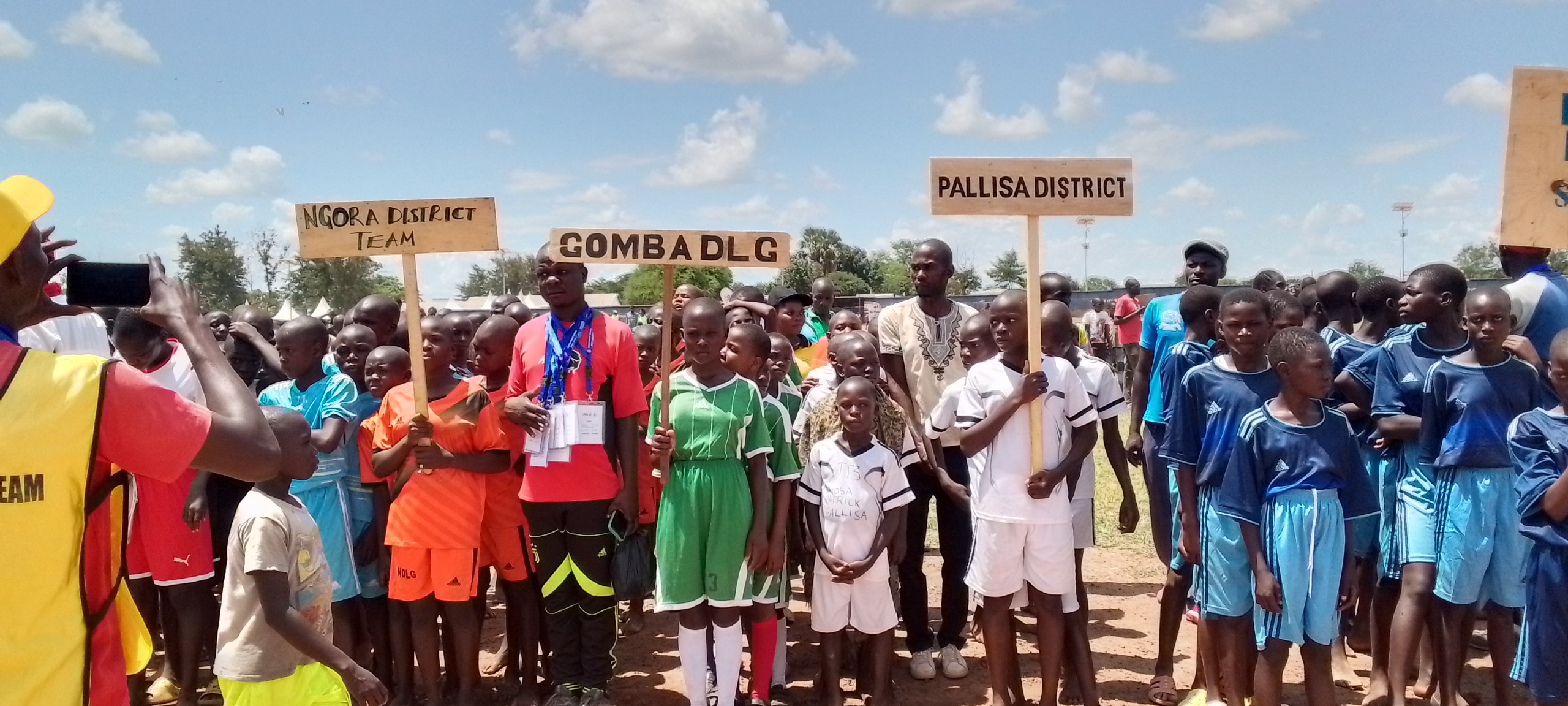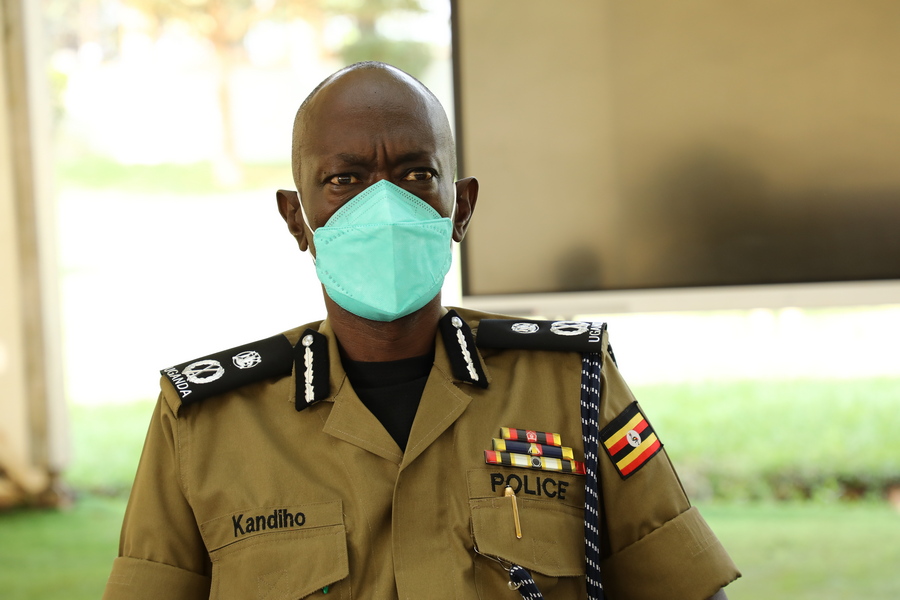Journalists advocate for the establishment of a media fund
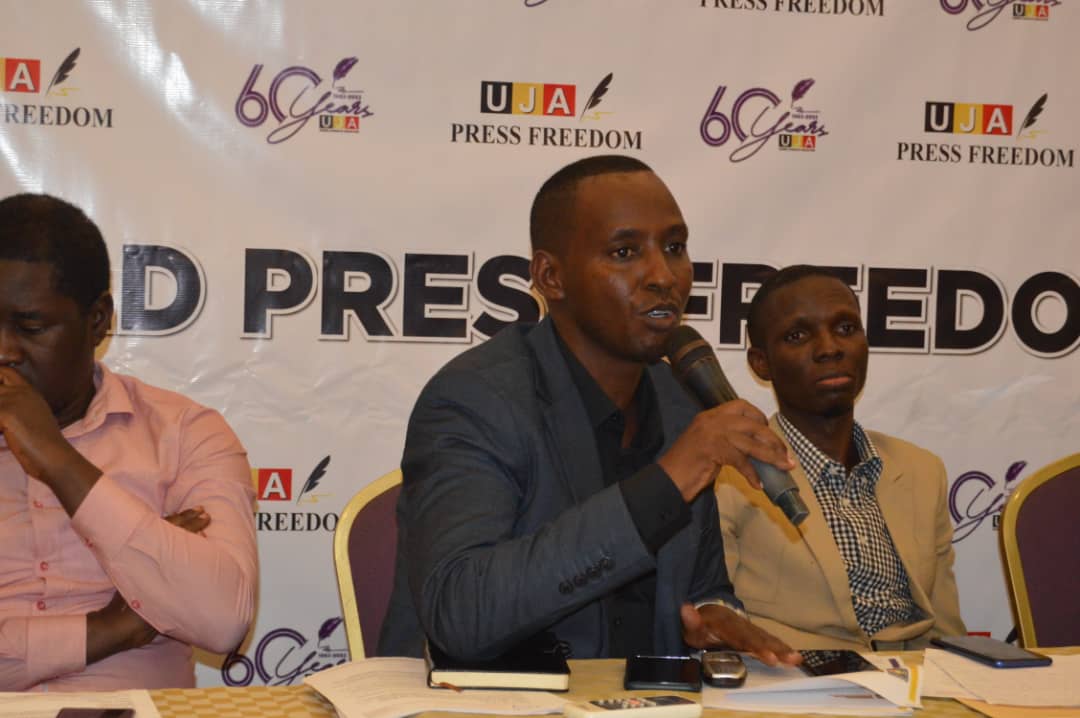
The Uganda Journalists Association (UJA) is calling for the constitutionalization of the concept of the Fourth Estate, similar to the three branches of government: the executive, parliament, and judiciary.
During the joint press conference commemorating World Press Freedom Day (WPFD) on May 3rd at Speke Hotel in Kampala, UJA President Mathias Rukundo emphasized that referring to journalists as members of the Fourth Estate is merely lip service, as it is not reflected in the Ugandan constitution.
Keep Reading
To address this, UJA developed a concept based on a successful study conducted in Ghana, where it has yielded positive results, according to Rukundo.
The draft concept, which aims to support the country's positive development agenda, will be presented to parliament for consideration.
During the commemoration, UJA President Rukundo also called for the creation of a media fund to complement the noble services of journalists, similar to initiatives in other countries. Rukundo highlighted the cases of four detained and tortured journalists: Julius Tukacungurwa of Umoja News, Moses Lemisa with Vision Group, Paul Mugaba of Delta TV, and Ggaliwango with Vision Group, which occurred in February alone.
Rukundo decried the persistent harassment of journalists by police officers with impunity, which undermines journalists' safety.
At the same press conference, Stephen Ouma, the General Secretary of the Uganda Journalists Union, demanded a police report on the mysterious death of seven journalists, including former UJA President Robert Kagolo, who was fatally shot at his late brother's home entrance in Kasengejje, Wakiso district.
Ouma observed that the exploitation of journalists stems from media owners taking advantage of their employees due to the absence of a minimum wage in the country, negatively impacting professional standards in journalism.
His Worship Martin Kirya, Senior Principal Magistrate Grade 1 and Secretary General of the Uganda Judicial Officers Association (UJOA), noted that Ghana has a full chapter in its constitution that provides for journalism.
He suggested that if lawmakers in Uganda championed a similar provision, it would strengthen the concept of the Fourth Estate in the constitution.
Kirya emphasised that press freedom is contingent on independence, questioning how it can be achieved when journalists are not adequately supported.
Ivan Kigozi Kimuli, a journalist trainer under the Media Challenge Initiative (MCI), expressed concern about the increasing number of journalists leaving newsrooms for better opportunities abroad or in other sectors.
Urgent measures are needed to address this trend, as it poses a threat to the journalism profession.
Brenda Namata from the Uganda Media Women's Association (UMWA) condemned the sexual harassment of female journalists by some employers, emphasizing the need to stop such violations of their rights.
Teddy Nambooze, Chairperson of the Uganda Parliamentary Forum on Media (UPFM), emphasized the importance of establishing a sectoral minimum wage for journalists to address the issue of exploitation.
Peter Kibuka, an environment and climate change scholar, noted the declining media coverage on climate justice, despite its significant impact on agriculture and the economy.
Kibuka urged journalists to utilize data to uncover the realities of environmental degradation as a means of promoting climate justice.
Hellen Nakimuli, the Minister of Information Shadow, pledged to intensify efforts to fight for journalists' welfare and promised to rally parliament's support for the approval of the media fund to assist journalists.
Nakimuli received a memorandum from UJA President Rukundo containing the issues faced by journalists, which will be further addressed by the parliament.


